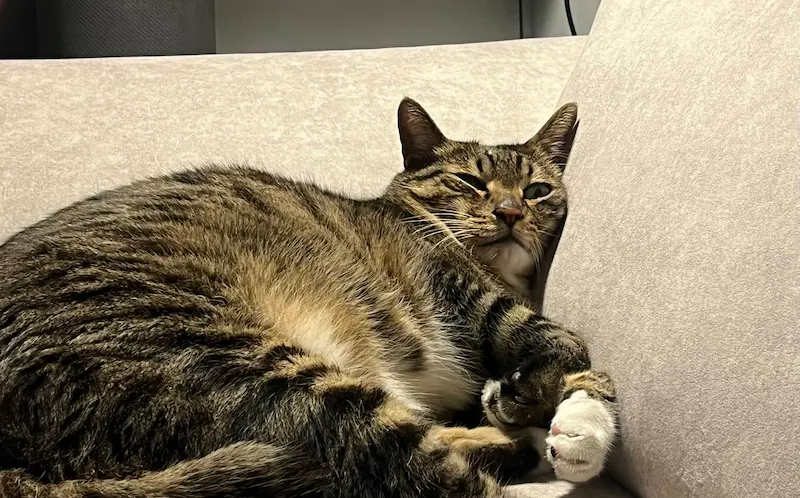*This is a translated version of Ko's second essay of a series "Am I Addicted to Dopamine?"

“This video gives me a dopamine rush.” “I’m definitely addicted to dopamine.” I first encountered the word “dopamine” in a YouTube comment section. The context was simple: people liked the video because it made them feel good or regretted binging it for hours. This left me wondering: is dopamine good or bad?
As I studied dopamine, I realized it's impossible to fully understand its role in our brains. To me, memorizing the vast knowledge about dopamine seemed unnecessary.
What I really want is to solve the problems in my life. So, I spent the last week finding out if learning about dopamine could provide practical tips for my well-being.
Dopamine Is Not the Problem
Some call dopamine the “pleasure hormone,” while others say it responds to “immediate rewards.” Both are correct.
Dopamine is released during enjoyable activities, encouraging us to repeat them. It’s also released when we achieve goals or learn new things, giving us a sense of accomplishment and motivating us to pursue more goals. Dopamine also enhances focus and drive when we attempt to achieve something.
Given this, it’s puzzling why “dopamine addiction” is a concern. Addiction is usually associated with negative behaviors. Dopamine gives us positive feelings and encourages beneficial actions. We can’t be addicted to dopamine itself; terms like “dopamine addiction” is often misleading.
Dopamine isn’t the problem. The real issue arises when we struggle to control its short-term release.
Why Dopamine Fasting is Necessary
Our brain strives to balance pleasure and pain. When we stop rewarding activities, feelings of dissatisfaction, sadness, and anxiety follow. For example, watching a short video brings small pleasure, but turning it off leaves a small void. And binge-watching reels all afternoon leads to greater dissatisfaction in the evening.
Over time, pleasure and pain switch positions. What started as a way to feel happy becomes a way to avoid feeling unhappy. Relying too much on dopamine-releasing activities makes other experiences feel dull. We become fixated on immediate or intense stimulation, leading to what we call “addiction.”
Something that once made us happy could become a source of pain. I often think about this reversal. Our world is so abundant and permissive that without self-imposed limits, no one stops us from entering chaos. Even activities encouraged by society, like work or exercise, can be damaging if we don’t learn to slow down.
This is why some experts recommend “dopamine fasting.” The issue arises when we indulge in pleasure. We need to stop before negative feelings overwhelm us. We should intentionally create gaps and limits in our lives to prevent excessive dopamine activity and face the negative emotions that follow.
The Pain That Makes Me Happy
To assess your relationship with dopamine, ask yourself these questions:
- What activities are hard to stop once started?
- What feels good during, but worse after?
Watching too many short videos isn’t the problem; it’s feeling unhappy afterward that’s problematic. Working too much isn’t the problem; it’s feeling worthless when not working. Playing games isn’t the problem; it’s finding real life boring and unfamiliar afterward. Focus not on the action itself but on the pleasure and pain it brings.
Ultimately, the question is: what do I need to be happy? We must be able to stop the habits that end up making us unhappy and face the discomfort that follows. Instead of seeking more joy, we should find the discomforts and pains that will keep us in peace.
What should I stop and what limits should I create? I pondered this and made a list. I put the things I couldn’t live without at the top. I'll say goodbye to them and leave the spaces unfilled.
🧘 Will you join me in a dopamine fast?
Learning that abundance can hinder happiness was a shock to me. I always wanted to do more to achieve more.
For the next week, I’m going to impose some limits and endure the discomfort in a “dopamine fast.” It seems tough, but I now know that enduring pain can lead to happiness, so I’ll give it a try.
If this inspires you to try a dopamine fast, think about what limits you might impose. I’ll share my experience in the next post. 😊